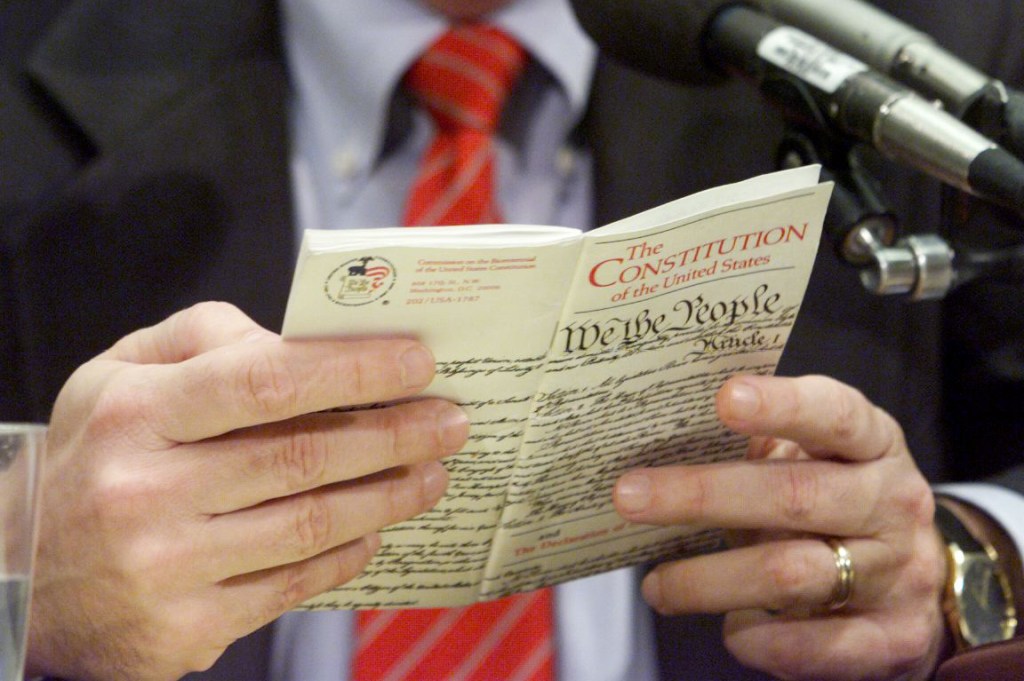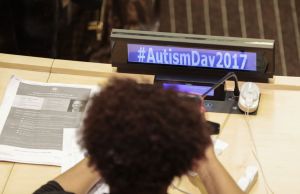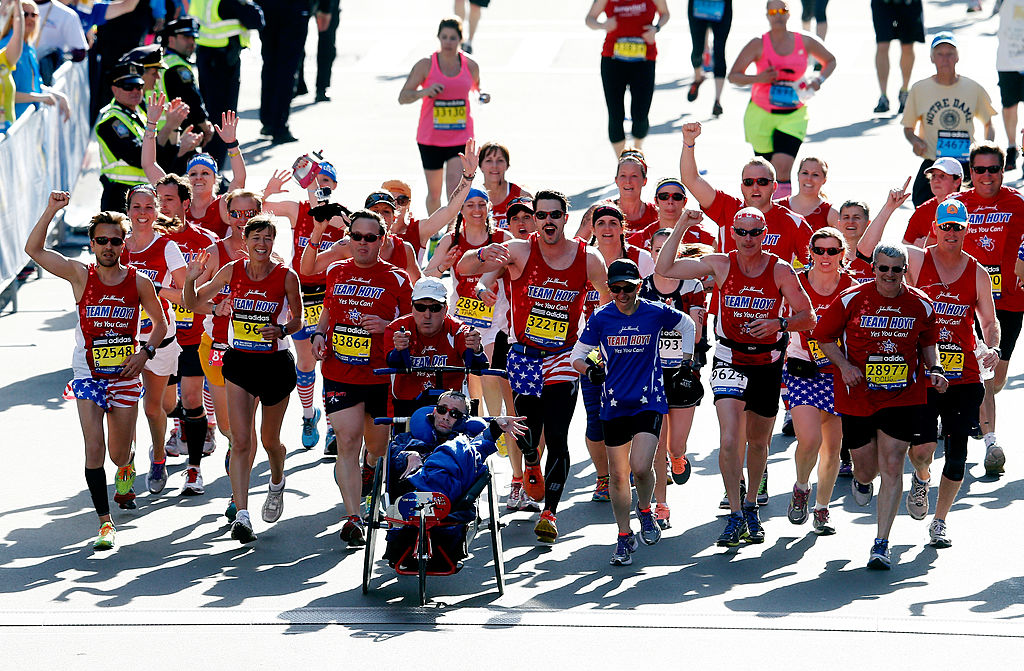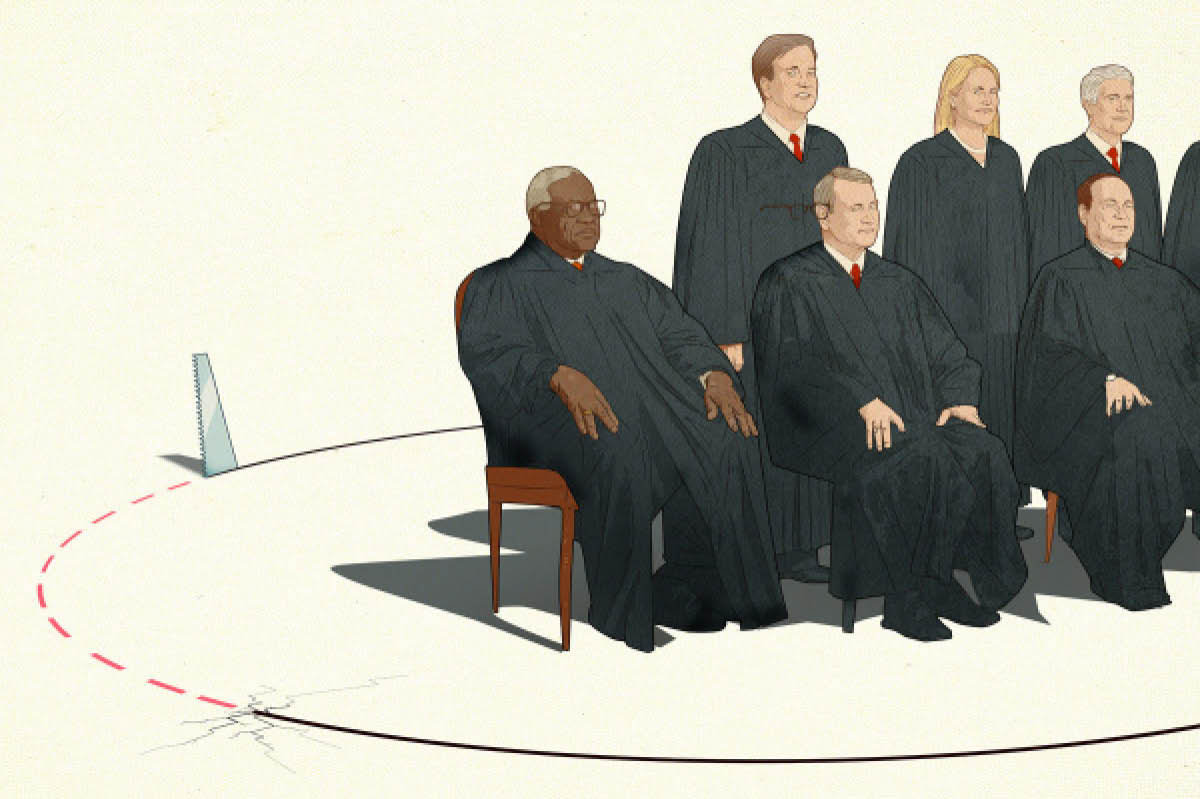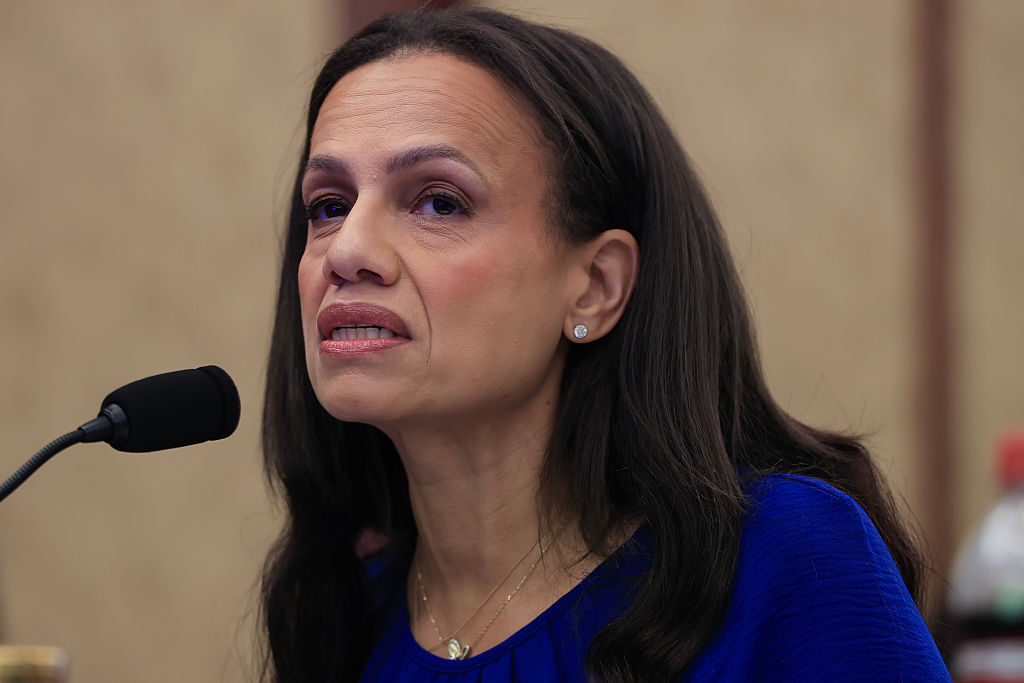Over the past fifty years, America has allowed a grave atrocity to persist. The magnitude of the callous disregard for human life constituted by abortion is unconscionable.
Now, at long last, we can now begin the work of rectification. With the Supreme Court’s rejection of Roe v. Wade and Planned Parenthood v. Casey, countless innocent lives have been spared. America can now rejoin the ranks of nearly every other developed democracy, placing basic, democratically enacted limitations on when in a pregnancy an abortion may occur. Instead of a debate shrouded in legal jargon, we can finally have the necessary conversation about whether this is an acceptable practice in a civilized society.
The decision may be the biggest conservative victory in decades, possibly the most significant since the collapse of the Soviet Union. And for me, it’s personal. My sister Julia was born with special needs — basic tasks are not always easy for her. The obstacles she faces might seem insurmountable to others but not to Julia. She is the greatest blessing in my life. I have watched her, deemed hopeless by teachers and peers, excel and surpass expectations with flying colors. She’s learned to read, write, swim, and ride a bike while working hard to overcome her disability. Julia is now twenty years old and a fully functioning adult. Her drive, determination and grit continue to inspire my family.
On Friday, when the decision was released, CNN political commentator Ana Navarro stated that overturning Roe was wrong because she knew children with special needs like my sister. The suggestion that those born with physical and cognitive impairments are “unfit” to live has been made many times before, notably by notoriously racist Planned Parenthood founder Margaret Sanger. This grotesque insinuation is just as depraved now as it was at the turn of the twentieth century during the heyday of eugenics.
Much work still needs to be done. For starters, the doctrine of substantive due process, upon which Roe rested, persists. Substantive due process enables judges to invent new and dubious rights. In a democracy, this should be the responsibility of legislators, not the judiciary.
As for the pro-life position, this legal contrivance is especially problematic. If we take seriously the idea that every life is sacred, handing this issue back to the states is still profoundly unjust. There are very few circumstances, like when the mother’s life is in danger, in which abortion should be permitted.
America is exceptional because, among other things, its Bill of Rights is the closest approximation of natural rights man has ever articulated in a political document. But the Bill of Rights is still a mere approximation. The framers elided one of, if not the most, fundamental natural right: the right to life.
The state’s very existence is predicated on its capacity to safeguard life, liberty, and property, with life chief among them. As long as our nation does not explicitly state that life is a fundamental right, the state’s political legitimacy is in doubt. We must make it clear that life begins after conception because the state must be vigilant in its efforts to protect its own authority and the unborn.
Some, like Princeton professor Robbie George, have argued that a fetus is a person within the language and meaning of the Fourteenth Amendment’s Equal Protection Clause and thus cannot be deprived of the right to life under the law. The Court has yet to adopt such a position, and the jury is still out on the theory’s validity. Therefore, we should instead ratify a constitutional amendment guaranteeing the right to life. Doing this will be the crowning achievement of our eternal struggle to build a more perfect union.
And the work does not end there. We shouldn’t be surprised if women neglect to carry their babies to term without basic safeguards for mothers and newborns. We must enact maternity and paternity leave legislation that will enable mothers and fathers to be there for their children in the first few months after birth, one of the most critical points in a newborn’s development. We should also deregulate the baby formula production process and reduce import tariffs so another shortage crisis does not rear its ugly head.
Finally, and perhaps most importantly, we ought to guarantee that every woman who gives birth can adequately care for her child through child allowances. We must craft a pro-family, pro-natal agenda along the lines of the proposal that Senator Mitt Romney reintroduced this month. Austerity is still essential when we are over $30 trillion in debt. The importance of building off the legacy of welfare reform cannot be negated, nor can the need to reform our existing entitlement system to stave off its insolvency. But incentivizing the creation of traditional families must be a top priority. It is well documented that children raised by a mother and father are best off. We have the ability to help them in a way that is both compassionate and deficit-neutral.
What our leaders do next is an open question. But those of us on the right can take solace in knowing that we no longer have to accept the terms dictated to us by the post-modern left. Fifty years of dogged activism really can make a difference. There is also great potential for bipartisanship to solidify support for families, the bulwark of the American nation, and to catch up to our OECD peers on human indicators on which we lag and which progressives often lament.
We are at a critical juncture in the history of our nation. Still beset with and reeling from the fallout of the pandemic, we are deeply divided against ourselves, mired in a culture of toxicity and division. But this ruling can be a point of departure from the ignoble status quo and a moment of national renewal. Dobbs v. Jackson Women’s Health Organization is a testament to America’s unyielding commitment to better herself.



